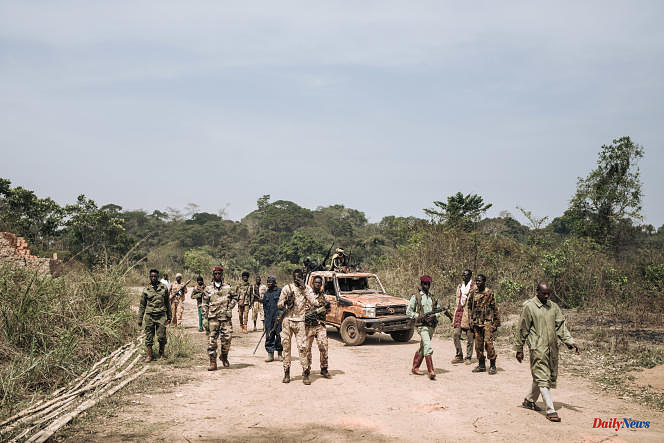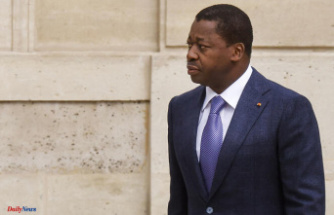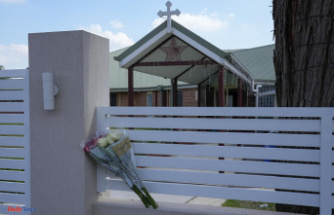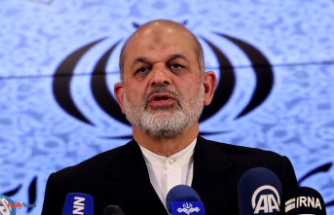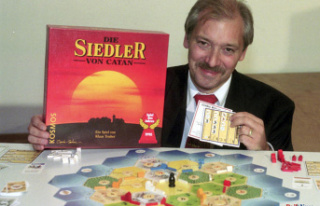Of the 20 soldiers taken hostage more than two months ago by an alliance of rebel groups in the north of the Central African Republic, 19 were released on Tuesday April 4, announced the International Committee of the Red Cross (ICRC). They were to arrive "in Birao around 5 p.m." and stay there "until we organize their return to Bangui", Yves Van Loo, deputy head of the ICRC delegation in the Central African Republic, told AFP. The soldiers "appear in good health and able to withstand the journey", he added.
The soldiers had been taken hostage by members of the Coalition of Patriots for Change (CPC) after "violent fighting" between soldiers and rebels in Sikikede, a locality in the Vakaga region (north), at the crossroads of the borders Chadian and Sudanese. These clashes had caused "considerable" military losses, according to the government, which had not communicated a precise assessment.
The liberation operations took place in an area whose access is made difficult by fighting between the rebels, the military and their mercenary allies from the Russian paramilitary group Wagner. "Since their hostage, their release was our greatest concern [...] We wanted to see them free," Augustin Ndando Kpako, spokesman for the army general staff, told AFP.
The CPC confirmed the information in a press release, citing a "voluntary and unilateral decision to release the 20 soldiers taken prisoner" more than two months ago. Among them, 19 were actually released. “Twentieth is a casualty who had been separated from the group for medical treatment. We will pick it up at another place later,” Van Loo told AFP, adding that the ICRC “intervened from the start as a neutral actor in order to negotiate with all the parties concerned.”
The president's "total contempt"
In its press release, the CPC confirms that it has "opened negotiations" with "the ICRC and Minusca", the United Nations mission in the Central African Republic. But she accuses the Central African President, Faustin-Archange Touadéra, of having refused "to assume his role as military leader by getting personally involved in the release" of these men. "The deafening silence of President Touadéra [and] his Minister of Defense shows the lack of interest if not the total contempt they have for the military", accused of fighting "in order to save the president's chair", can we still read. Asked about these accusations in particular, the authorities did not respond immediately.
After the February 14 attack, the Chief of the Defense Staff, Zephirin Mamadou, denounced an "act of terrorism" perpetrated by a "criminal armed group". CPC spokesman Mamadou Koura told AFP that he was behind the attack. He then assured that the rebels controlled the town of Sikikede, which the army disputed and that AFP could not verify from independent sources.
The Central African Republic is the second least developed country in the world, according to the UN, the scene since 2013 of a deadly civil war in its first years but which has decreased in intensity since 2018. At the end of 2020, the most powerful of the many armed groups who then shared two-thirds of the territory had joined forces within the CPC and had launched an offensive on Bangui shortly before the presidential and legislative elections to try to overthrow the Head of State, Faustin-Archange Touadéra, who had called on Moscow to the rescue of its helpless army.

